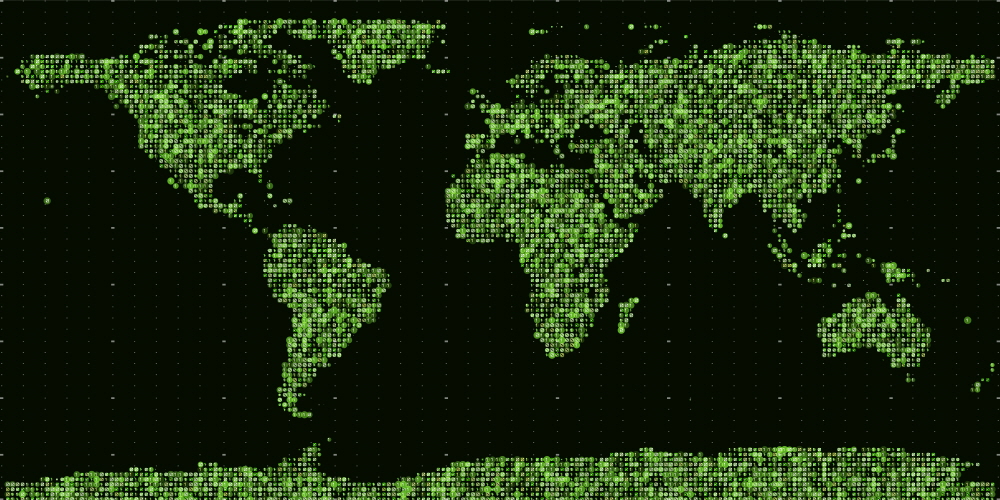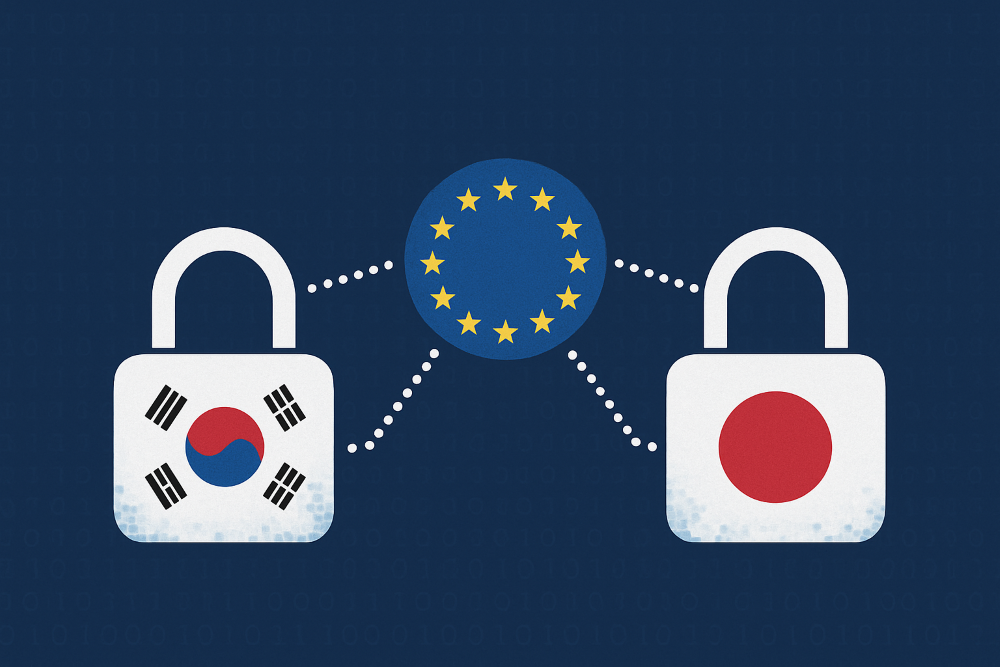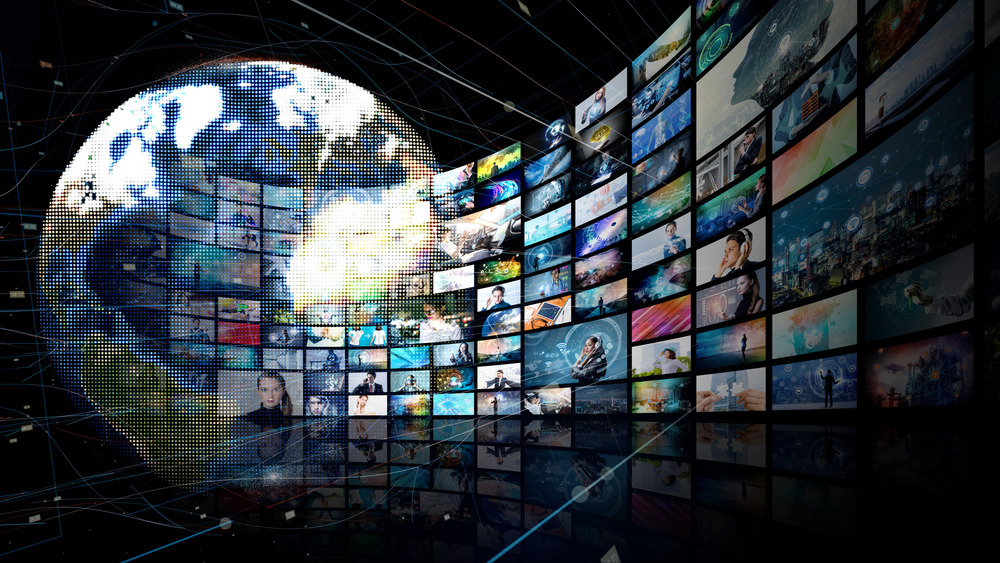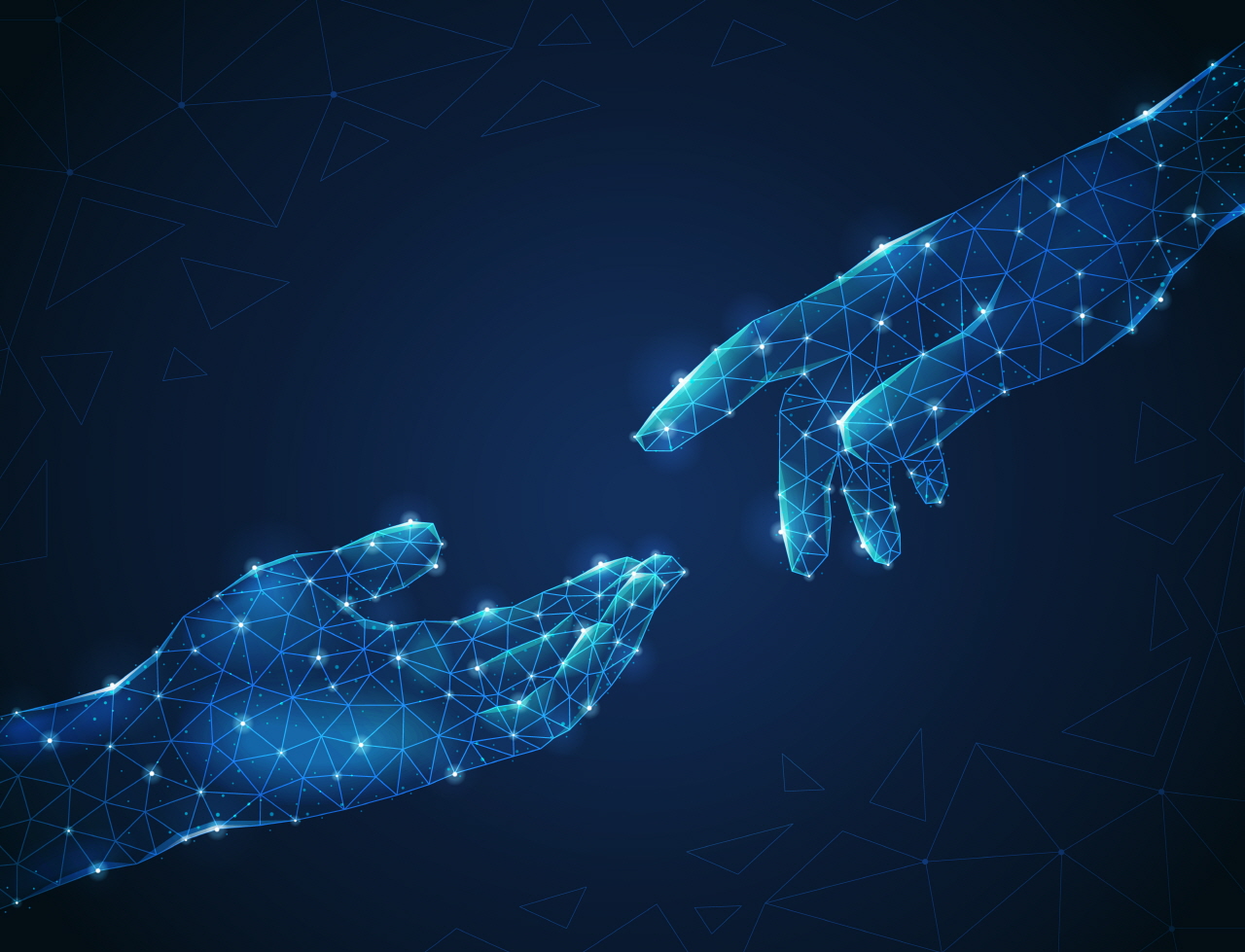- #Europe
- #South Korea
- #Technology & Cybersecurity
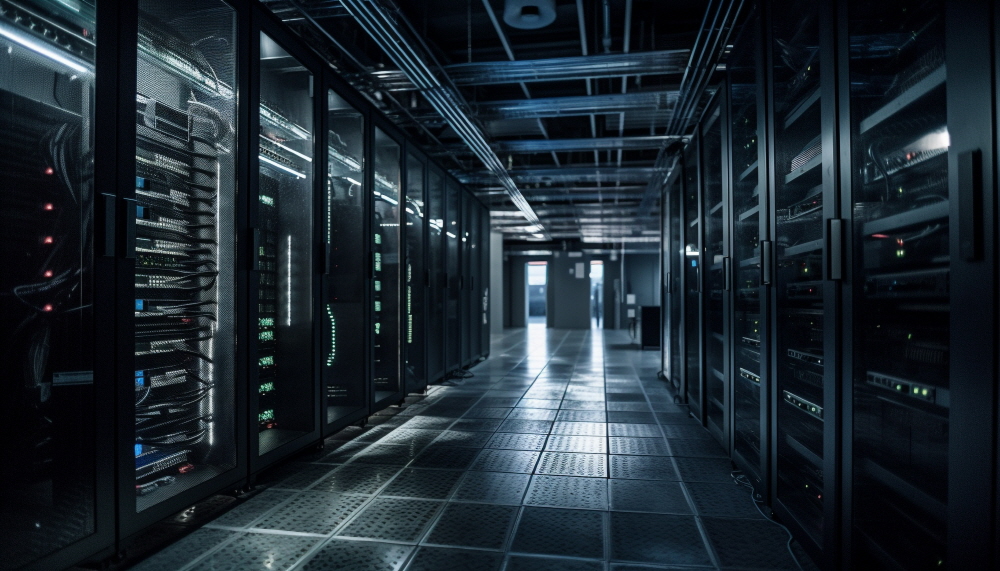
Key
Takeaways:
-
Announced by European Commission’s President Ursula von der Leyen and ROK
President Yoon Suk Yeol in November 2022, the Republic of Korea (ROK) –
European Union (EU) Digital Partnership is a milestone initiative to deepen
collaboration among the two parties, building on 60 years of strong diplomatic
ties and complementing existing agreements focusing on emerging, critical and
digital technologies.
-
In its first two years of implementation, the EU-ROK Digital Partnership has
started delivering tangible outcomes.
-
In this perspective, the future of the ROK-EU Digital Partnership is set to
move further from vision to action, strengthening the connection among all
actors of the EU and ROK digital ecosystems, ensuring a human-centric digital
transformation of our societies.
Announced
by European Commission’s President Ursula von der Leyen and ROK President Yoon
Suk Yeol in November 2022, the Republic of Korea (ROK) – European Union
(EU) Digital Partnership is a milestone initiative to deepen collaboration
among the two parties, building on 60 years of strong diplomatic ties and
complementing existing agreements focusing on emerging, critical and digital
technologies.
Leveraging
on the robust collaboration in trade, research, and technology, the
EU and ROK affirmed the Digital Partnership’s importance at the EU-ROK Summit
in May 2023, agreeing that a secure and inclusive digital economy is a shared
strategic priority for both parties. The Partnership further underscores common
values – openness, reciprocity, and trust – in the digital domain, aligning the
EU and ROK as like-minded partners setting high standards globally.
To
implement such vision, an EU-ROK Digital Partnership Council meets annually at
ministerial level to guide cooperation. The first Council was held in Seoul on
30 June 2023, while the second Council met in Brussels on 26 March 2024,
resulting in concrete initiatives to operationalize the partnership. Working
groups and forums have also been established to connect experts and monitor
progress.
In
its first two years of implementation, the EU-ROK Digital Partnership has
started delivering tangible outcomes. For example, joint EU–ROK semiconductor
research projects were launched to develop next-generation AI chips and
sensors. Also, a Memorandum of Understanding on digital technology
standardisation was signed in 2023 – the EU’s INSTAR project and Korean
partners formed a task force to align standards in 5G/6G, AI, cybersecurity,
data, IoT, and quantum technologies These steps illustrate the partnership
moving from high-level agreement to concrete cooperation.
Within
this context, the Digital Partnerships in Action (DPA) project, funded by
the European Commission’s Service for Foreign Policy Instruments (FPI)
contributed to the implementation of the EU-ROK Digital Partnership, providing
technical expertise and advisory services in support of digital policy and
regulatory convergence between the EU and ROK, as well as strengthening
networking, outreach and policy coordination, through technology diplomacy
actions and dedicated stakeholder engagement to raise awareness and sharing
knowledge on benefits and opportunities of the EU-ROK Digital Partnership.
As
a matter of fact, as part of the Digital Partnership’s Joint Statement in
2022, both sides reaffirmed their shared commitment that development and use of
digital technologies should be guided by democratic values, respect for
universal values of human rights, the objectives to address social issues, and
the principle to enhance the quality of people’s lives. In this perspective,
the Digital Partnership between ROK and the EU intends to provide an
overarching framework of advanced cooperation in the full spectrum of digital
issues including infrastructures, skills, digital transformation of businesses,
and digitalization of public services as well as digital economy and trade.
During
the first Digital Partnership Council meeting on 30 June 2023 in Seoul and the
second one in Brussels on 26 March 2024, the EU and ROK agreed on key outcomes
to advance cooperation for an inclusive and resilient digital transformation.
More specifically, both partners agreed to work on Semiconductors, High
Performance Computing (HPC) and Quantum technology, 5G and beyond, Online and
Digital Platform Cooperation, Artificial Intelligence (AI), Digital Identity
and Trust Services and Digital Trade, and Cybersecurity, among other activities
being discussed.
In
each of these areas, specific activities have been implemented, demonstrating
the concrete results that can be achieved allocating shared resources and
developing joint projects to strengthen both the EU and ROK digital innovation
ecosystems. This will ultimately support relevant industries, research and
investors, defining future research directions and innovation opportunities, as
well as identifying common initiatives aimed at reinforcing the skills and
capacities in the collaboration of EU and ROK stakeholders.
In
the closing phase of the Digital Partnerships in Action (DPA) project, in
April 2025, an informal gathering of stakeholders’ representatives from
government agencies, industry associations, think tanks and academic and
research institutions, convened by the EU Delegation in Seoul with the support
of the DPA Team of Experts, showed the important progress realized in a
relatively small period of time, and the promising outlook that is foreseen as
part of the emerging cooperation under the Digital Partnership.
It
is widely acknowledged that this new mechanism of cooperation offers a
constructive platform for dialogue which can generate actionable input across
all digital themes, at the hearth of the EU-ROK technology diplomacy
cooperation, especially in a period of profound reshaping of the geo-political
relationships at the global level.
For
instance, in the area of semiconductors, it must be underlined the sector’s
position as one of the most intensive in research and development, also
considering its highly globalised and complex supply chain. EU and ROK
semiconductor technologies and production can be seen as complementary, and a
closer alignment of policies to support the global semiconductor ecosystem
shall be promoted, especially in light of the importance of cooperation to
strengthen supply chain security and resilience.
In
a similar vein, building on a very successful joint networking and matchmaking
event supported by the DPA project in the context of ROK’s association to the
Horizon Europe programme in the field of quantum technologies, it shall be
emphasized the crucial need of fostering a stronger industry collaboration,
defining common standards, intellectual property rules, and trade agreements,
seeking greater alignment in international forums, continuing joint research
and development, encouraging further networking between quantum companies and
academic institutions.
In
terms of Cybersecurity, a closer cooperation in real-time information sharing
and further alignment on policies for addressing non-technical risk factors
shall be enhanced. This calls for continued exchanges on cybersecurity skills
development, as showed by a recent Study Visit of EU experts in ROK organised
within the context of the DPA project.
With
regard to data governance, a key element of digital trade cooperation, multiple
opportunities for EU–Korea cooperation can be highlighted, from the ongoing
establishment of the GAIA-X Hub Korea to the importance of further
standardization efforts, facilitating data flows in both directions, in line
with ROK’s adequacy assessment process with the EU.
Along
the same line, a very important area of mutual interest can be clearly found in
the field of Artificial intelligence (AI), where cooperation on foundation
models, responsible implementation practices, and the development of the so
called “physical AI governance” call for harmonized standards for trustworthy
AI, joint work on enhancing AI energy efficiency, closer cooperation on the
practical implementation of trustworthy AI solutions, and the sharing of best
practices between ROK and the EU.
Finally,
on 6G and next generation networks, priority actions for ROK-EU Digital
Partnership should focus on pursuing further standardization, particularly in
relation to interface development, and promoting a closer cooperation on
decentralized AI applications for mobile devices and energy-efficient services.
In
conclusion, the strong and growing interest across all digital cooperation
areas, as demonstrated by the several joint activities developed during the
implementation of the Digital Partnership, reaffirms the need for structured
multi-stakeholder dialogue, ensuring that inputs from all sectors directly
inform and guide the strategic evolution of the ROK-EU Digital Partnership.
In
this perspective, the future of the ROK-EU Digital Partnership is set to move
further from vision to action, strengthening the connection among all actors of
the EU and ROK digital ecosystems, ensuring a human-centric digital
transformation of our societies.
*The
views expressed are those of the author only and do not necessarily reflect
those of the European Union.
Gianluca Misuraca is Founder and Vice President on Technology Diplomacy of Inspiring Futures (IF), a expert network which provides research, training and strategic foresight advisory services worldwide. Among his key assignments, from June 2023 until May 2025, he has coordinated, on behalf of the European Commission´s Service for Foreign Policy Instruments (FPI)*, the “Digital Partnerships in Action” (DPA) facility to support implementing Digital Partnership Agreements with Japan, Singapore and South Korea. Gianluca is also Founder and former Executive Director of the Master on Artificial Intelligence in public services (AI4GOV) and, since January 2025 he is the Scientific Director of AI4Gov Accelerate (AI-Gov-X), a 20 million Euros initiative co-funded under the Digital Europe Programme. Prior to this, he was leading on behalf of the European Commission, the “International Outreach for human-centric Artificial Intelligence” (InTouchAI.eu) initiative to promote the EU approach to trustworthy AI at the global level. From 2009 to 2020 Gianluca has been a Senior Scientist at the European Commission's Joint Research Centre, leading future-oriented research in Digital Governance, Social Innovation and Artificial Intelligence.
